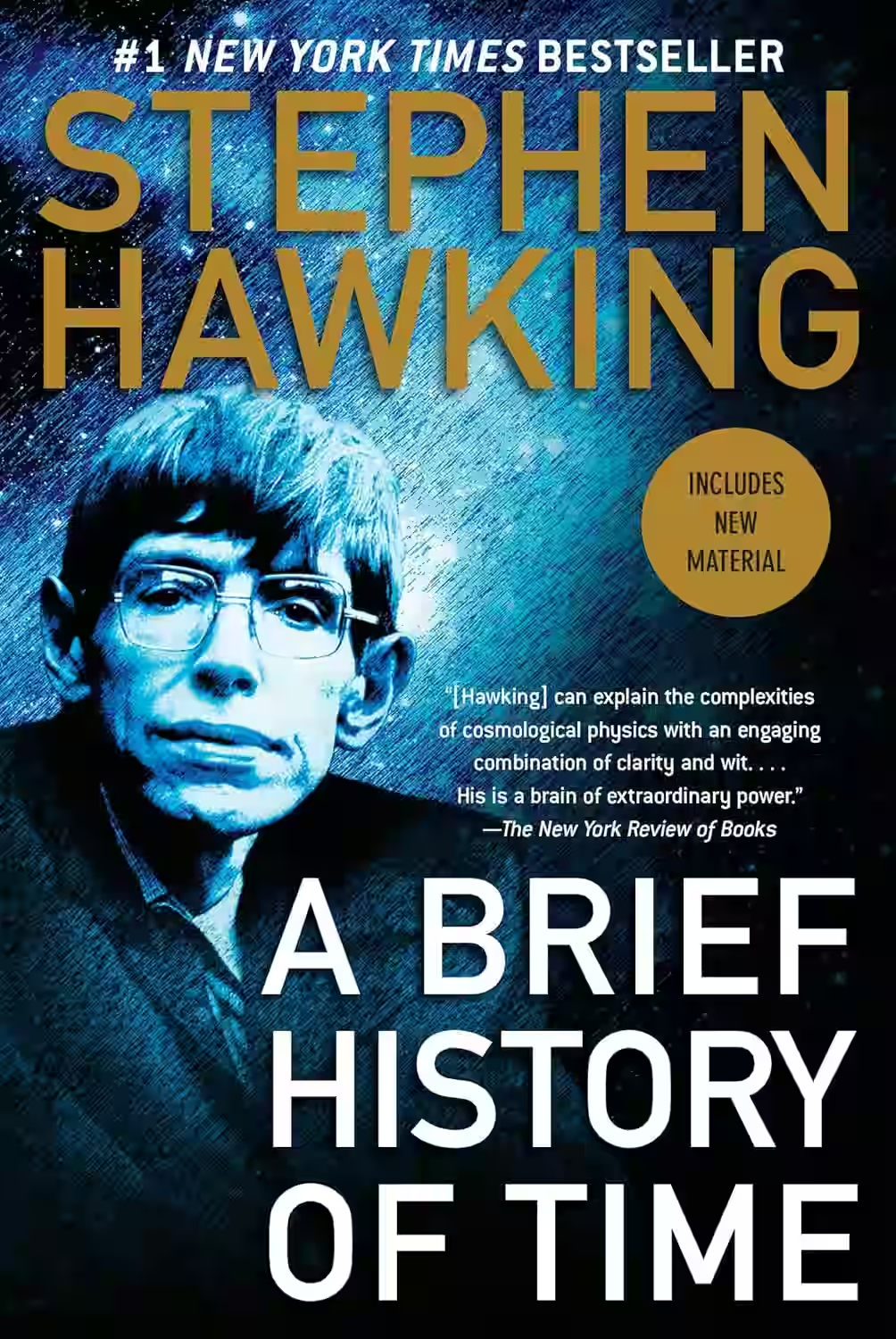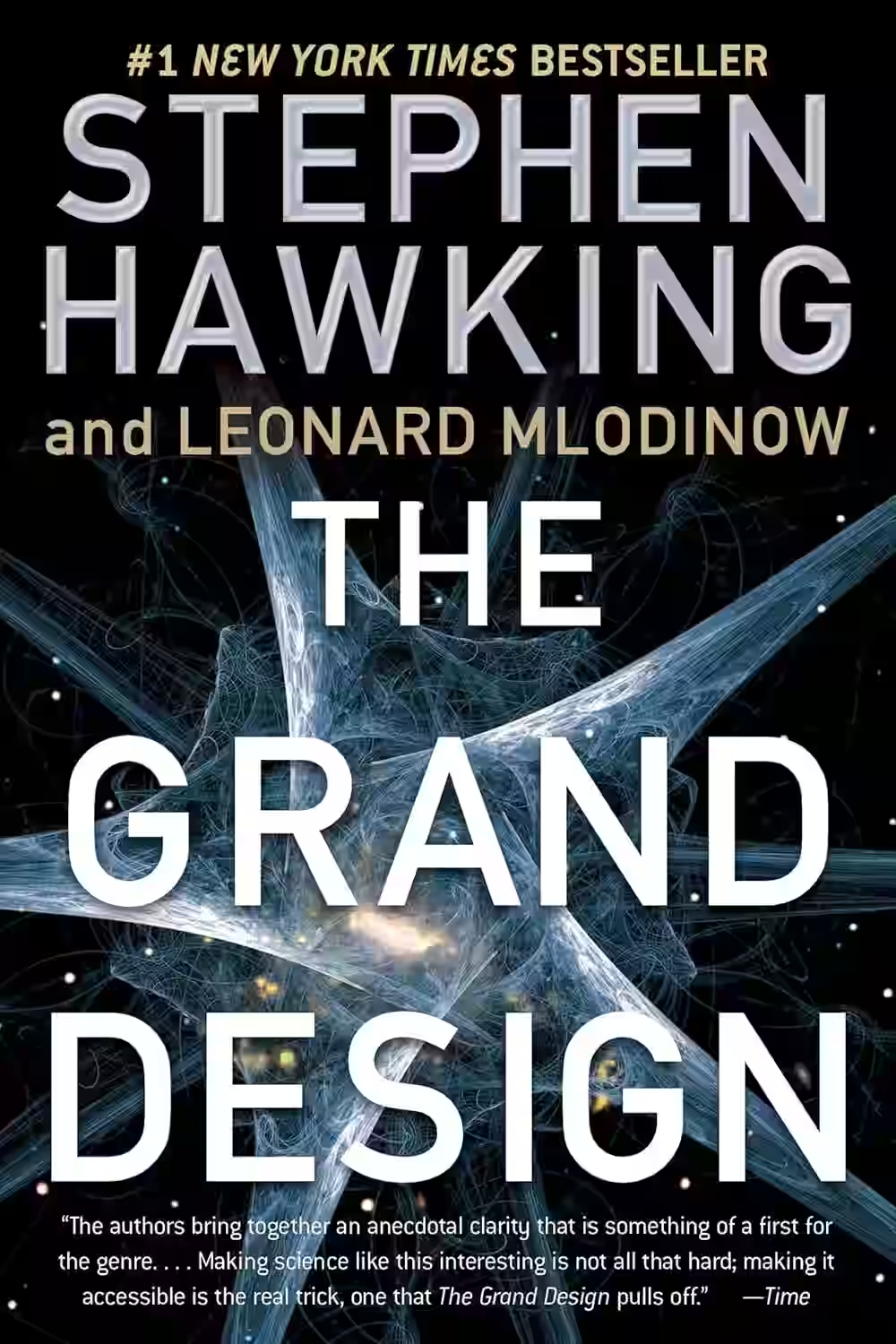Stephen Hawking
A groundbreaking British theoretical physicist and cosmologist, renowned for his significant contributions to our understanding of black holes and the origins of the universe. Despite being severely disabled by motor neurone disease, his intellectual brilliance shone through in his accessible popular science books, such as A Brief History of Time, which brought complex scientific concepts to a global audience. Hawking's unwavering curiosity and determination inspired millions, solidifying his status as an iconic figure in science.

Was there a beginning of time? Could time run backwards? Is the universe infinite or does it have boundaries? These are just some of the questions considered in the internationally acclaimed masterpiece by the world renowned physicist - generally considered to have been one of the world's greatest thinkers. It begins by reviewing the great theories of the cosmos from Newton to Einstein, before delving into the secrets which still lie at the heart of space and time, from the Big Bang to black holes, via spiral galaxies and strong theory. To this day A Brief History of Time remains a staple of the scientific canon and its succinct and clear language continues to introduce millions to the universe and its wonders.

In 'The Grand Design' by Stephen Hawking, the renowned physicist and author explores the origins of the universe and the fundamental laws that govern it. Through a mix of scientific theories and philosophical reflections, Hawking delves into complex concepts like quantum mechanics and string theory, presenting them in a way that is accessible to readers of all backgrounds. He challenges traditional views on the existence of a divine creator and offers a compelling argument for the universe's spontaneous creation. This thought-provoking book not only stimulates the intellect but also invites readers to ponder the nature of reality and our place within it.